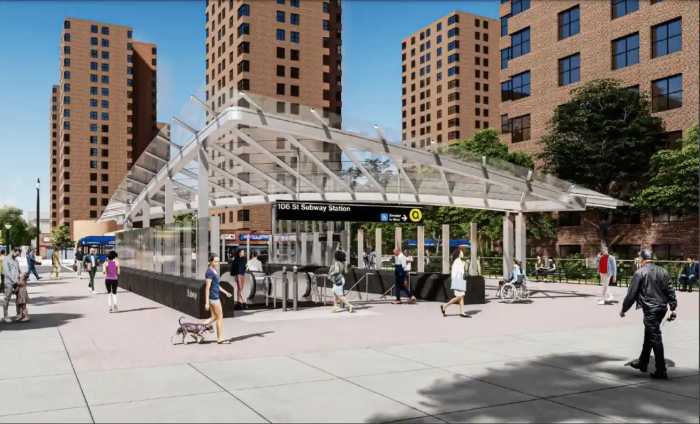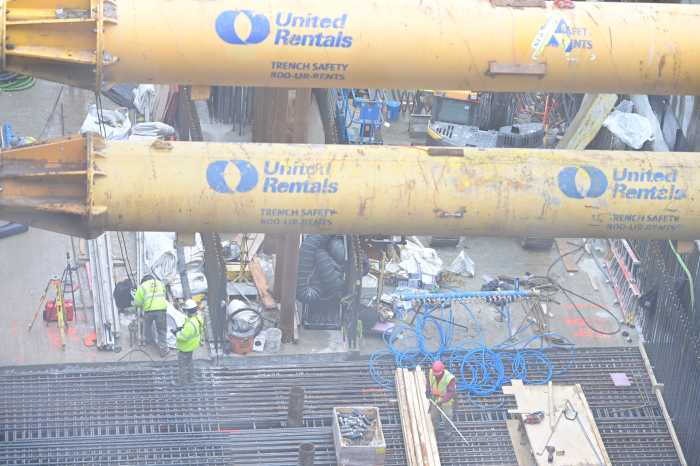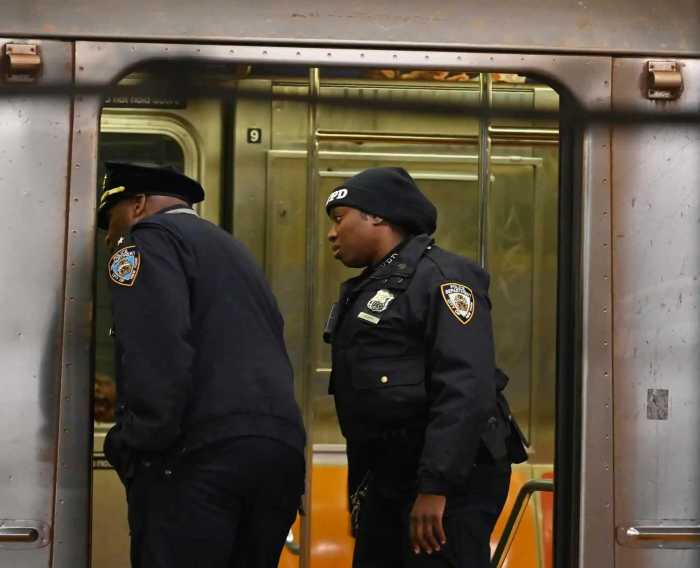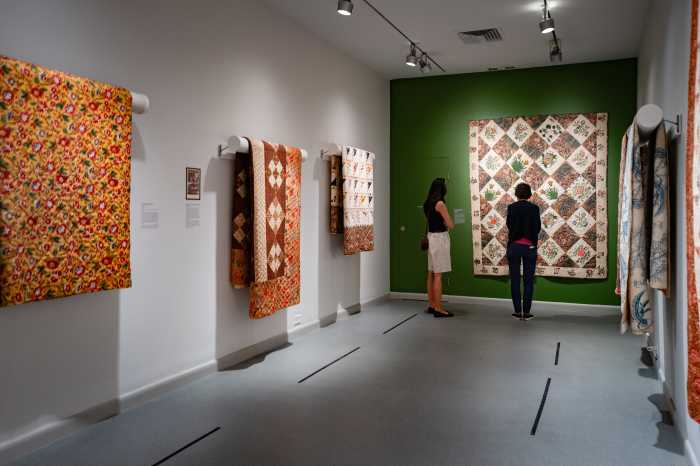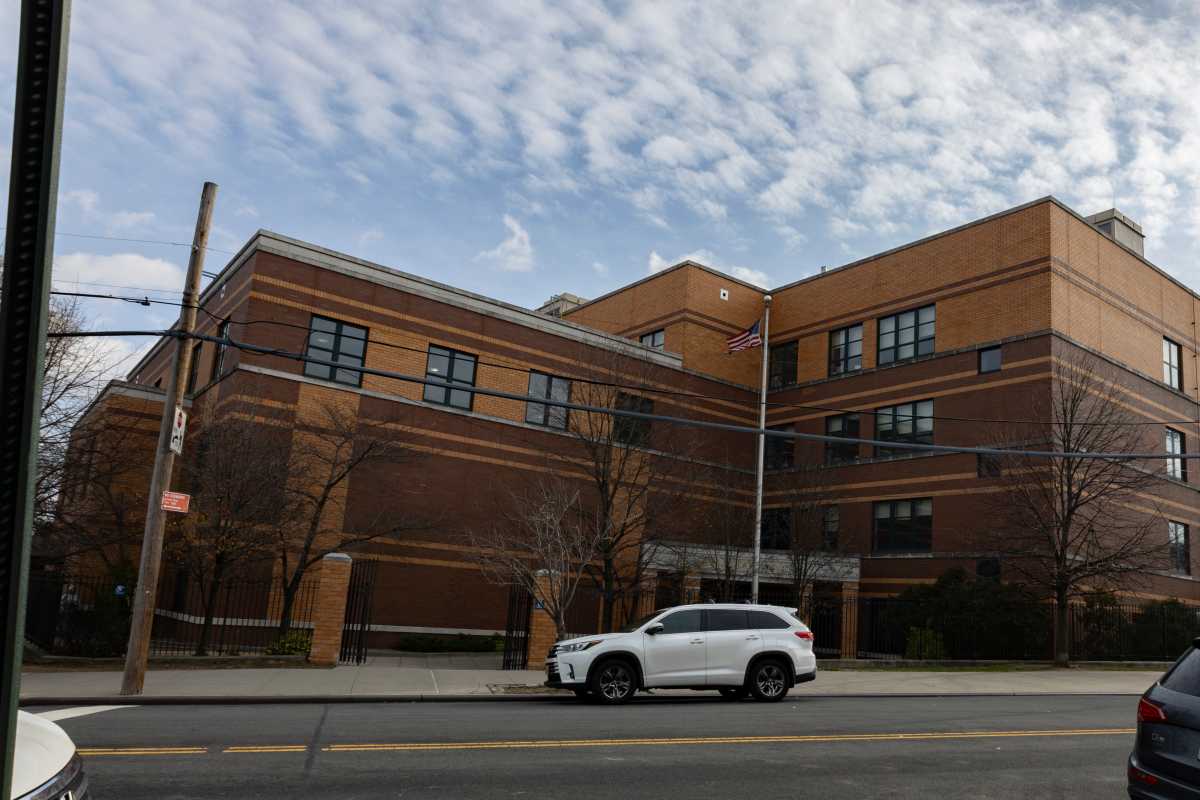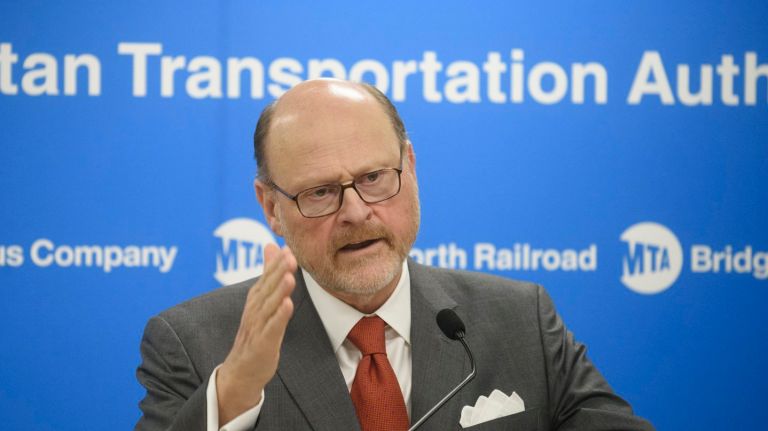
After learning more about MTA chairman Joe Lhota’s other gigs, a watchdog group is urging the Metropolitan Transportation Authority to pump the breaks on his moonlighting.
Susan Lerner, executive director of Common Cause NY, said Thursday that Lhota’s paid position as a vice president of NYU Langone Hospital and his recent hire as a paid board member at Madison Square Garden are a clear conflict of interest.
Aside from the more than $2.3 million salary he receives from NYU Langone Hospital, Lhota may have conducted unapproved lobbying for both companies, according to Lerner.
Common Cause urged the MTA to establish an independent monitor to investigate and rectify any substantiated conflicts immediately.
“The bottom line is pretty stark. The situation has evolved that Joe Lhota himself decides if Joe Lhota has a conflict of interest,” Lerner said.
Joint Commission on Public Ethics (JCOPE), a state body overseeing lobbying, sent a letter to Lhota two months after he was appointed MTA chairman, which said he was prohibited from conducting lobbying work. The Aug. 31, 2017, letter said he needed JCOPE approval to “engage in outside activity” that compensated him more than $5,000 annually.
A month later, Lhota said the MTA reorganized his administrative duties so that he did not have a day-to-day role in the MTA. Lhota also said he would recuse himself from any MTA matters pertaining to NYU.
Common Cause had lingering concerns, and in November 2017, Lerner wrote a letter to the state’s Authorities Budget Office requesting an investigation into Lhota’s multiple positions. Lhota quickly dismissed any notion that he was breaking laws.
He then took on an additional role this December as a MSG board member, which Lerner said raised additional red flags.
The arena relies heavily on Penn Station, and any work at that transit hub would require the MTA to compensate MSG, according to Lerner. She added that Lhota, as MTA chair, was involved with two subway station rehab projects that benefited the arena.
Regardless of the reorganization, Lhota’s MTA role involves two daily conference calls with transit officials, according to Lerner.
“That is clearly not the spirit or the letter of our public officer’s law,” Lerner said.
MTA spokesman Jon Weinstein said JCOPE’s decision in August 2017 validated Lhota’s employment at MSG as well as at NYU Langone.
“The law clearly allows the chairman to delegate the day-to-day operations of the authority, which is exactly what happened in this case,” Weinstein said in a statement.




